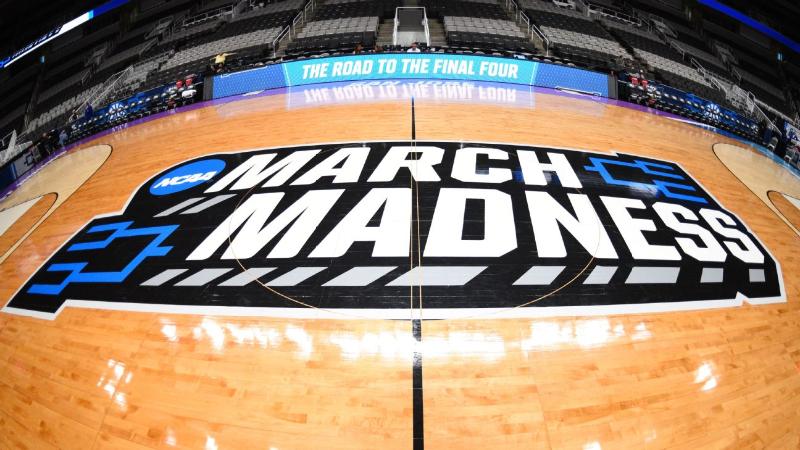Wetzel: Please don't expand NCAA basketball tournaments 


06-29 10:19覽 3886
Florida overcame a deficit to defeat Houston in a game decided by Houston's inability to get a shot off in the final seconds.
The strongest argument against expanding the NCAA men's and women's basketball tournaments beyond 68 teams is the lack of demand. There is no significant fan movement, no high ratings for the current First Four play-in games suggesting consumer interest, no evidence of teams being legitimately excluded from bids (as they had ample regular-season games to qualify), and no clear competitive reason for expansion. Outside of a few coaches and athletic directors who stand to gain financially from their teams reaching the tournament, almost no one is advocating for expansion.
Despite this lack of support, expansion to 76 teams remains under consideration with a decision expected soon. The author, echoing many fans, strongly urges against it, arguing that 68 teams is already four too many. The current setup necessitates awkward play-in games on Tuesday and Wednesday in Dayton before the main event starts Thursday.
The author questions the rationale for expansion, asking why risk damaging "sporting perfection" merely to include more mediocre teams and generate slightly more television revenue, using the adage "Pigs get fat, hogs get slaughtered."
The NCAA tournament possesses a unique cultural phenomenon: it owns the first Thursday and Friday of the event as pseudo-national holidays, marked by widespread viewing (even during work/school), immense excitement, and bracket participation that draws in casual fans. This intense engagement defines March Madness and has cemented the tournament as an iconic American event, even as overall interest in college basketball has declined. This special status should be protected at all costs.
Previous expansions from the ideal 64 teams to 65 in 2001 and then 68 in 2011 are viewed as the "original sins," primarily driven by conference realignment (the WAC split creating the Mountain West) and forcing the tournament to start before Thursday. Fortunately, the Tuesday/Wednesday play-in games, particularly those featuring 16 seeds, have been largely ignored, preserving Thursday's magic.
However, expanding by eight more teams would result in six games each on Tuesday and Wednesday, likely stretching throughout the day. This poses a perilous risk of confusing fans, diluting the event's impact throughout the week, and damaging overall fan interest.









































相關評論(2756)